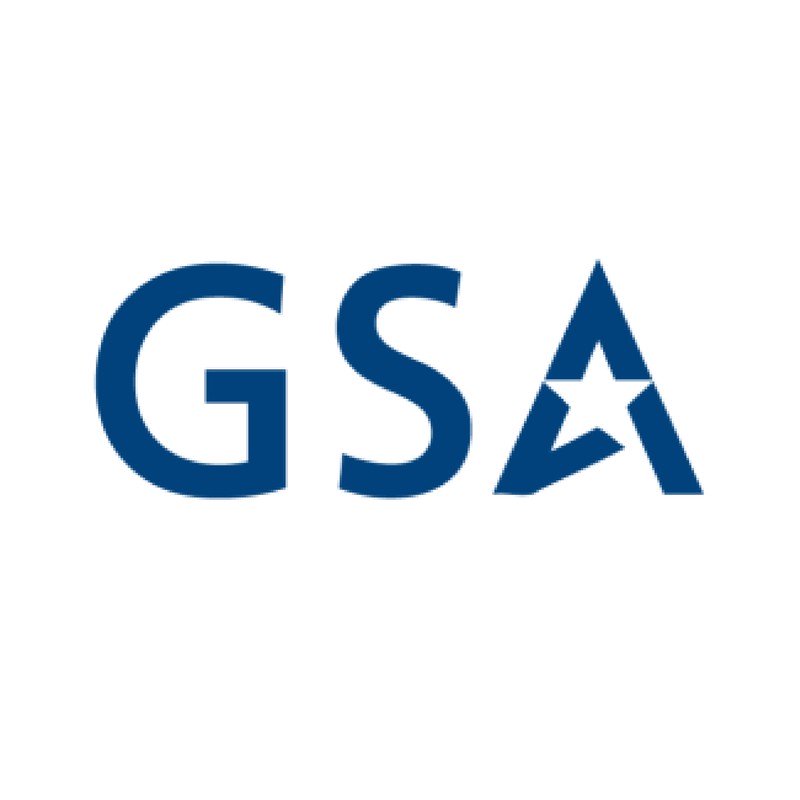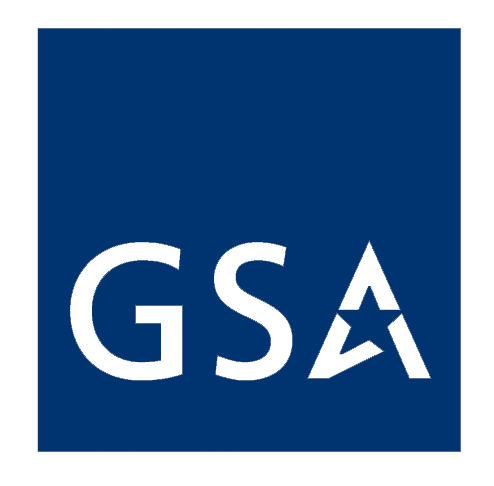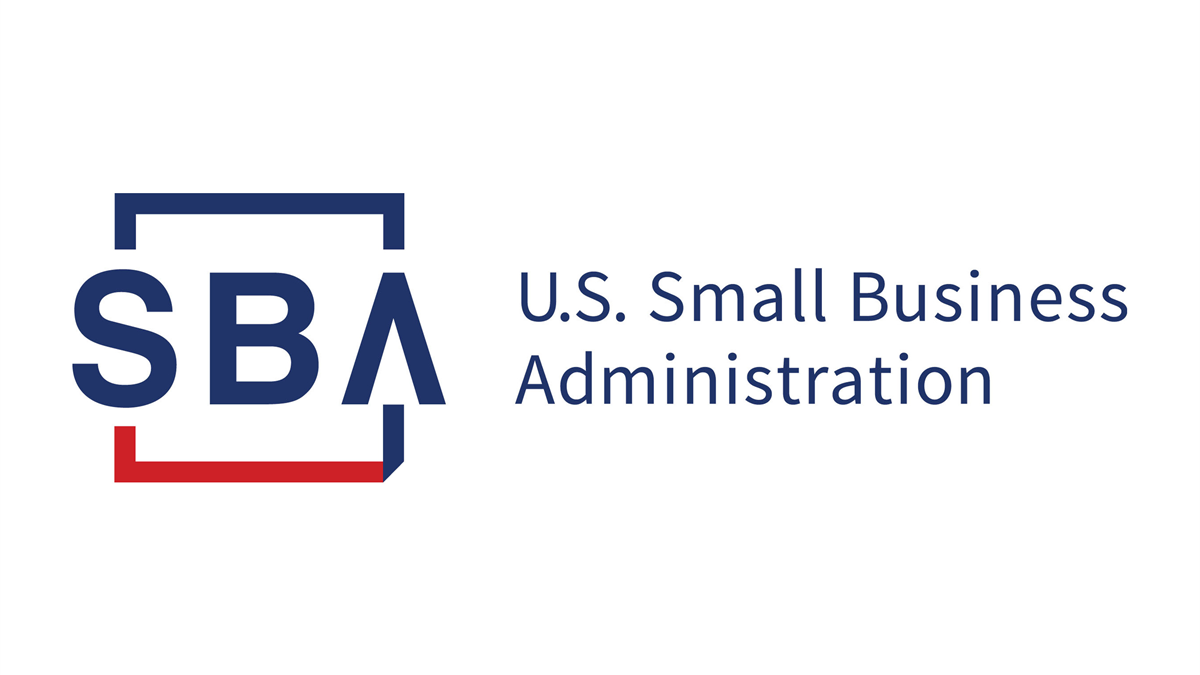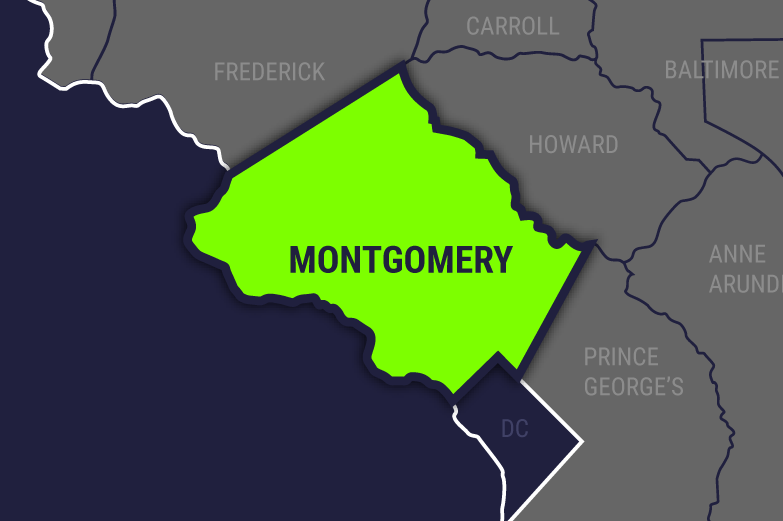WASHINGTON – Today, at a roundtable discussion hosted by the White House and attended by several federal agencies to mark National Small Business Week, SBA Administrator Isabel Casillas Guzman announced the agency’s Fiscal Year (FY) 2023 federal procurement “Scorecard” results, which measure how well federal agencies meet their small business contracting goals each year. The Biden-Harris Administration exceeded its FY23 small business contracting goal of 23%, awarding an all-time high 28.4% of federal contract dollars to small businesses.
This historic level amounts to a $178.6 billion investment in the small business economy – an increase of $15.7 billion from the previous fiscal year – and supports more than one million good-paying jobs in manufacturing, construction, research & development, technology, defense, and other vital industries. Minority-owned businesses across nearly all demographic categories also saw increased contracting dollars, underscoring the Biden-Harris Administration’s commitment to equity while growing the pie for all small business owners.
“Through President Biden’s Investing in America agenda, we have championed initiatives to fuel the nation’s economy – ensuring competition and a level playing field so that small businesses can access the historic level of investments through federal contracting,” said Administrator Guzman. “The Biden-Harris Administration is proud of the federal government’s record-high of $178.6 billion in contract spending with small businesses, including veteran-owned and small disadvantaged businesses, while also continuing to make significant strides in contracts to HUBZones and women-owned businesses.”
Ten federal agencies received A+ grades, and an additional 12 agencies received an A grade. The federal government, overall, earned an A on this year’s government-wide scorecard. This year’s A+ winners are the SBA, Dept. of Agriculture, Dept. of Housing and Urban Development, Dept. of the Interior, Dept. of Homeland Security, National Science Foundation, General Services Administration, Dept. of Commerce, Nuclear Regulatory Commission, and Office of Personnel Management.
The SBA plays a crucial role in setting contracting goals for each agency and collaborates closely with government buyers to emphasize the prioritization of small businesses in the procurement process. Individual agency scorecards with a detailed explanation of the methodology are available at SBA.gov/scorecard.
Highlights of the overall performance of the federal government include:
- For the third consecutive year, Small Disadvantaged Business (SDB) spending exceeded its enhanced annual goal, set at 12% in FY23, with the federal government awarding a record-breaking $76.2 billion to SDBs. The noteworthy achievement reflects President Biden’s unwavering commitment to meeting his ambitious SDB contracting goal of 15% by FY25.
- Service-disabled veteran-owned small business (SDVOSB) spending has exceeded its 3% goal, reaching 5%. This achievement translates to $31.9 billion in procurement, reflecting a $3.8 billion spending increase compared to the previous year.
- Historically Underutilized Business Zone (HUBZone) small businesses were awarded a record-breaking $17.5 billion in federal contract awards, marking the highest amount ever awarded in this category in the program’s history.
- Women-owned Small Businesses (WOSB) received $30.9 billion in federal contracting dollars in FY23, up from $28.1 billion in FY22 and accounting for nearly 5% of the FY23 total eligible dollars. This marks the highest dollar amount ever awarded to WOSBs.
- The federal government achieved its small business subcontracting goals, awarding 33.34%, or $86.4 billion, to small business subcontractors.
- The federal government increased its contract spending with all demographic groups included in SBA’s disaggregated contracting data, which is available here.
Expanding Access to Federal Contracting:
Under the Biden-Harris Administration, the SBA has made it a top priority to expand access to federal contracting. During Administrator Guzman’s leadership, the SBA has made several strategic and targeted changes to ensure small businesses, particularly those in underserved communities, are empowered to find and take advantage of opportunities presented by President Biden’s signature legislation, including the historic Bipartisan Infrastructure Law, CHIPS and Science Act, and more. Actions include:
- Releasing new guidance, “Creating a More Diverse and Resilient Federal Marketplace through Increased Participation of New and Recent Entrants.” This executive action includes several new initiatives for encouraging new entrants to the federal contracting space, including a Supplier Base Dashboard to track an agency’s mix of new entrants, recent entrants, and established vendors.
- Expanding access for small businesses to multiple-award contracts, which account for over 20% of government contracts. In January, the Office of Federal Procurement Policy directed agencies to structure those contracts with small-business participation in mind and instructed agencies to apply the small-business Rule of Two—the rule that a small business must receive a purchase if two or more small businesses are able to do the work—when using those contracts.
- Launching an enhanced training program, “Empower to Grow,” to strengthen Small Disadvantaged Businesses’ contract readiness. This revitalization of the popular 7(j) Management and Technical Assistance program includes improved coaching, training, and technology tools to get more disadvantaged businesses contract-ready and build a diversified supplier base. In FY2023, small businesses participating in the 7(j) program saw a contract win rate of 60% and self-reported annual revenue growth of 45% on average.
- Announcing several reforms in small business contracting, including:
- Directing all agencies to track and evaluate the performance of each of the socioeconomic small business contracting goals in all performance plans for Senior Executive Service (SES) managers that oversee the acquisition workforce or agency programs supported by contractors.
- Changing the government’s approach to consolidating federal contracts by reforming the Category Management program.
- Creating special contract procedures for 8(a) participants using the GSA’s Multiple Award Schedule. The new procedures increase contracting opportunities for 8(a)-certified SDBs to ensure more equitable access to federal contracting dollars.
- Reviewing and revising size standards to allow 78,000 additional small businesses to qualify for SBA’s programs.





